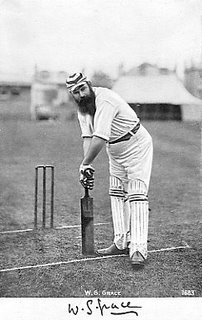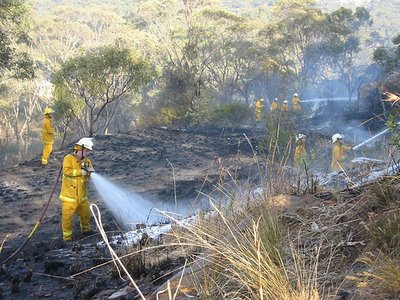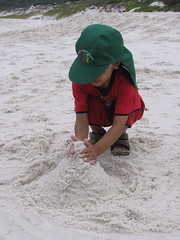'Unto Us a Child is Given'*
 Christmas is the time Christians reflect on their founding mythology: the belief that the birth of a child – a boy – over 2,000 years ago in a place called Bethlehem was a miraculous event. For the rest of us its the opportunity afforded by a public holiday to swill sparkling wine in tall glasses and laugh with our children as they run past us with their latest gift toy (while retailers laugh all the way to the bank!).
Christmas is the time Christians reflect on their founding mythology: the belief that the birth of a child – a boy – over 2,000 years ago in a place called Bethlehem was a miraculous event. For the rest of us its the opportunity afforded by a public holiday to swill sparkling wine in tall glasses and laugh with our children as they run past us with their latest gift toy (while retailers laugh all the way to the bank!).Thinking about the great Christmas birth mythology, I can't help wondering that if he were born in Bethlehem this century, Jesus would have a terribly difficult chance of surviving. Palestine's infant mortality rate for 2004 was 20.5 per 1000 live births (according to the WHO's Regional Office for Eastern Mediterranean).
Interestingly, Egypt, to which Jesus' parents fled with him as refugees to escape Herod (the King of Judea)'s massacre of baby boys (according to the mythology), had the same infant mortality rate (20.5 per 1000 live births) in 2005. Egypt is still a destination for many refugees from southern Sudan and other parts of Africa (and not a few from Palestine). A small number of them are offered the opportunity to resettle here in Australia. Unfortunately, not enough.
Comparatively, Israel's infant mortality rate for 2004 was 5 (per 1000 live births), which is within the range for developed/industrialised countries.
For instance, Australia's Infant mortality rate was 4 (per 1000 live births) in 2005.
However, if Jesus were born to an Aboriginal family in Australia, he would be twice as likely to be of low birthweight or to die within his first year of life, compared with the rest of the Australian population. (According to Save the Children, quoting research by the Australian Institute of Health and Welfare). Poor health and life opportunities are still a massive injustice that Indigenous Australian have to live with after over 200 years of colonisation, and this should shame us all.
Save the Children's report on maternal and child health, State of the World's Mothers 2006: Saving the Lives of Mothers and Newborns, from May 2006, (PDF available online; it draws on WHO data) offers a range of other eye-opening facts about the health and life chances for babies born today, and the women who care for them.
The worst infant mortality rates were in Sierra Leone and Afghanistan – each 165 (per 1000 live births) in 2004. Afghanistan has the second highest newborn mortality rate in the world (60 per 1,000 births).
Unfortunately, I don't have breakdowns of the Infant Mortality Rates according to gender, so I don't know if the Messiah would have a worse chance of survival today if he/she were born a girl or a boy. Somehow I suspect that girls, as they always do, tend to get the worst of it.
My youngest boy, Jamie, who was born in May this year, is doing wonderfully well and I continue to cherish him dearly – he is such a wonderful and happy baby, with a sunny smile for all around him. Jacob is six now, and brimming with strength, energy and creativity, which is a wonder and joy to see. Although he has been full of vigour for school this year, he's glad for the holidays this summer. When I reflect on what's happening elsewhere in the world where life is far less just or fortunate, I am thankful for my children, and the health afforded them, and to my partner and I that we can continue to raise our children and enjoy watching them grow!
Merry Christmas to you all and your families, and may you have a safe and peaceful holiday.
I am going to take a short – if well deserved – break from blogging, so that I can have some R&R with my family (though there may be some intermittent transmissions if things get really interesting…). Do revisit – I'll be back and blogging with a vengeance early in the New Year.
[*With apologies to Handel (from the Messiah); image: Save the Children, via CNN]
Labels: children
Read more!




















